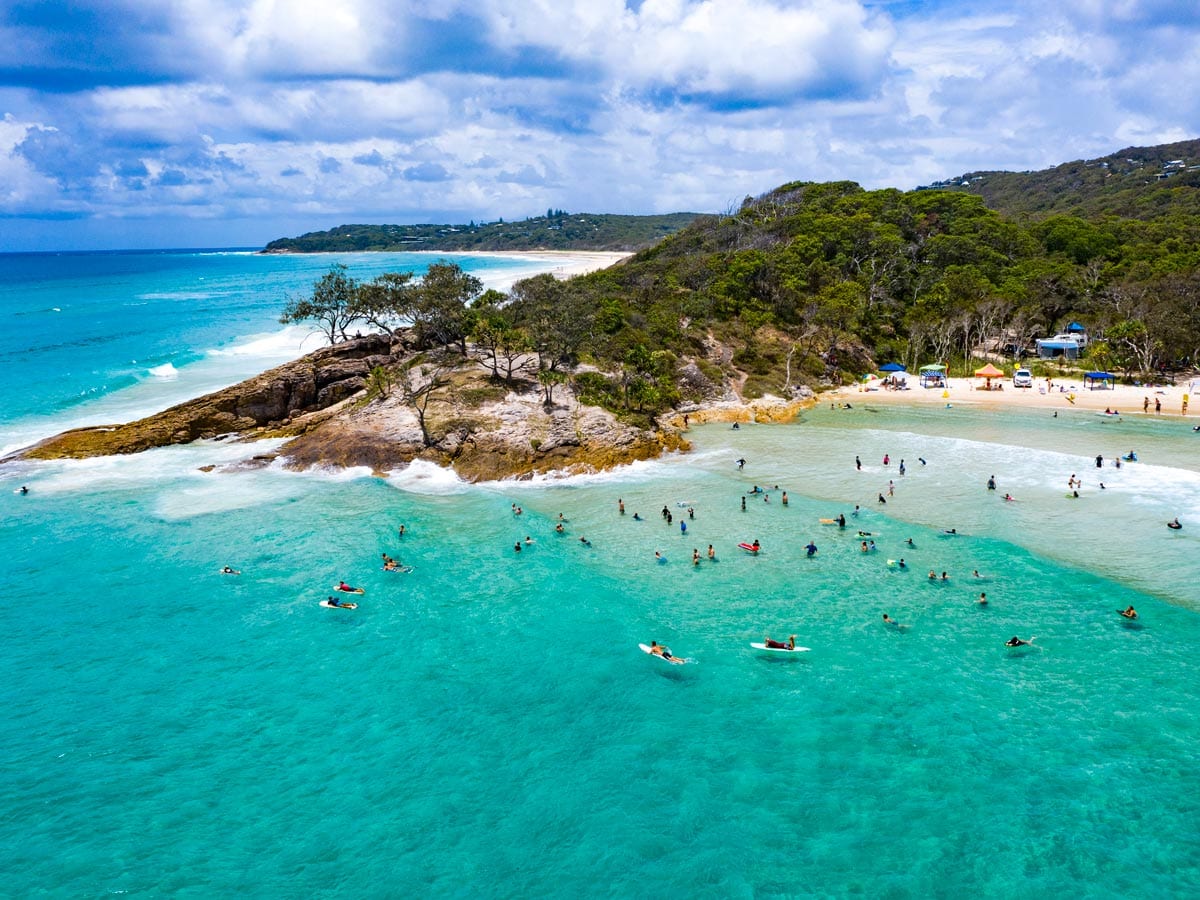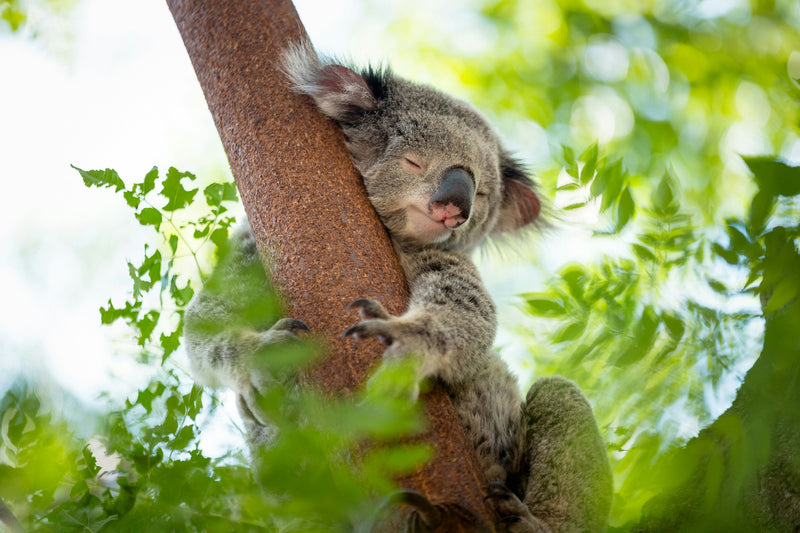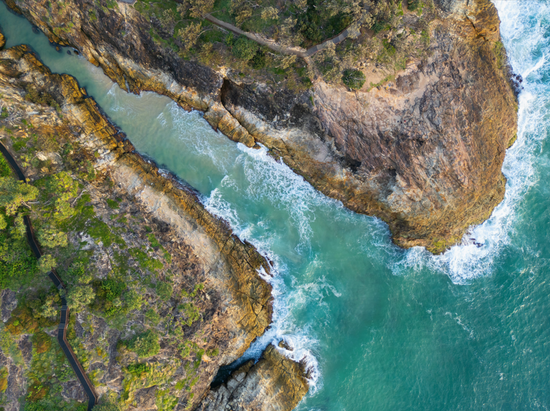
Our Conservation Efforts
Protecting Stradbroke Island's Natural Heritage
At Stradbroke Island Tours, we believe that experiencing the island's natural wonders comes with a responsibility to protect them. Our eco-certified tours are designed with conservation at their core, ensuring that your visit contributes positively to the preservation of this unique ecosystem.
Stradbroke Island is home to a unique and fragile ecosystem that includes rare plants and animals. Invasive species, especially seeds carried unintentionally by visitors, can disrupt this delicate balance. Even small seeds stuck to your clothing, gear, or vehicle can introduce non-native plants, which may compete with local species, reduce biodiversity, and harm the natural landscape.

Biodiversity Protection Checklist
Stradbroke Island's unique ecosystem is vulnerable to invasive species. Our Seed Free Program ensures that our tours don't introduce non-native plant seeds that could threaten the island's biodiversity. Before every tour, we implement a comprehensive checklist to protect this pristine environment.
Carefully inspect all clothing, especially socks, cuffs, and pockets, for any seeds or plant material. Shake out jackets and pants, and check the treads of your shoes.
All bags, backpacks, and equipment are thoroughly checked for seeds, soil, and plant materials. Special attention is paid to seams, pockets, and velcro fasteners where seeds often hide.
Our tour vehicles are cleaned and inspected before and after each tour, with particular attention to wheel wells, undercarriage, and floor mats where seeds can be transported.
We educate all visitors about the importance of the Seed Free Program and why protecting Stradbroke Island's unique ecosystem from invasive species is critical to its long-term health.

Protecting North Stradbroke Island
Threatened and Endangered Species
The island is a sanctuary for several threatened species, such as the iconic Koala, the migratory Eastern Curlew, and the rare Oxleyan Pygmy Perch. These species depend on the pristine habitats found on North Stradbroke Island.
National Park Status
A significant portion of North Stradbroke Island is protected under National Park status. This designation helps maintain the island's natural and cultural heritage, ensuring that its beauty and biodiversity are preserved for future generations.
Climate Change and Conservation
Climate change is a pressing issue that impacts the delicate ecosystems of North Stradbroke Island. At Stradbroke Island Tours, we are dedicated to educating our guests about these challenges and the importance of conservation.
How You Can Help
Stay on Designated Paths
Keep to marked trails and boardwalks to protect sensitive vegetation and minimize soil erosion. This also helps prevent disturbance to wildlife habitats.
Take Only Photos
Leave shells, plants, and natural materials where they belong. Remember that removing even small items can disrupt the delicate balance of the island's ecosystem.
Respect Wildlife
Observe animals from a distance and never feed them. Human food can harm wildlife and alter their natural behaviors.
